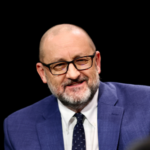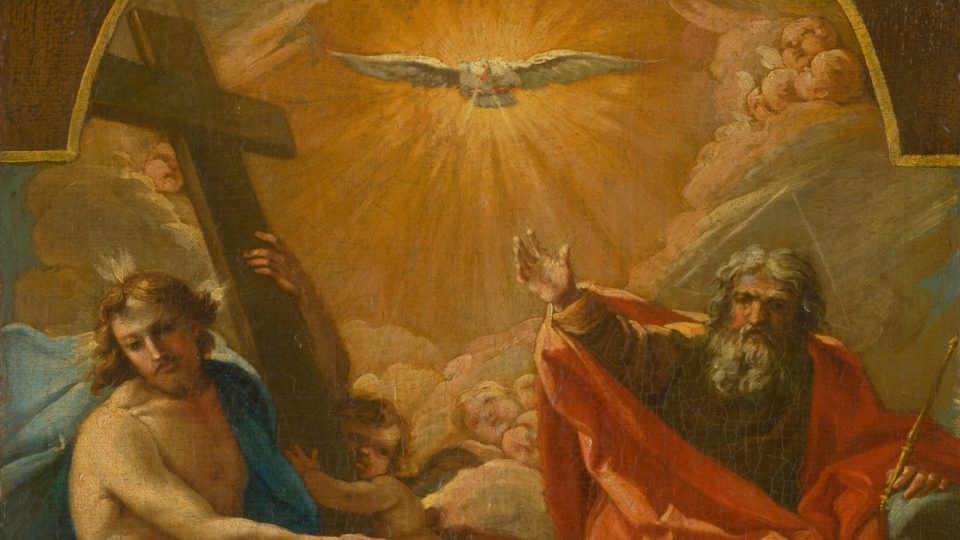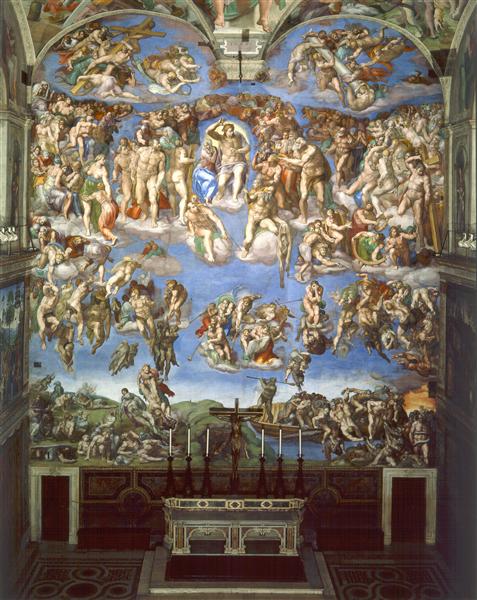What’s It Really About?
Larry Chapp
 Pope Francis has released a new “Motu Proprio” about how to do theology in the modern context, Ad theologiam promovendam, which makes the case that theology must no longer be from a “desk” and must no longer be merely “abstractly re-proposing formulas and schemes of the past.” Theology must now be inductive and take into account the lived experience of believers and non-believers alike. Theology must not be “abstract” and deal in such lifeless constructions; instead, it needs to ground itself more explicitly “in the conditions in which men and women daily live.”
Pope Francis has released a new “Motu Proprio” about how to do theology in the modern context, Ad theologiam promovendam, which makes the case that theology must no longer be from a “desk” and must no longer be merely “abstractly re-proposing formulas and schemes of the past.” Theology must now be inductive and take into account the lived experience of believers and non-believers alike. Theology must not be “abstract” and deal in such lifeless constructions; instead, it needs to ground itself more explicitly “in the conditions in which men and women daily live.”
Who could possibly object to this vision? Nobody really, which is strange since Motu proprios rarely get written, if ever, in order simply to reiterate what has already been said many times and to reinforce the status quo of well-established practices. Therefore, we are justified in asking what this new document from the pope is really all about and what, specifically, it is criticizing, and what it is promoting. …
Where is the New Theology Headed?
Eduardo Echeverria
Pope Francis’ Apostolic Letter, Ad theologiam promovendam, raises the question, “What is the new theology, and where is it headed?” I say “new” because Francis claims that theology is at a turning point, requiring a “paradigm shift” because the “signs of the time” are such that the epistemological and methodological foundations of theology must be rethought. …
The Doing of ‘Catholic’ Theology
Thomas G. Weinandy OFM Cap.
Pope Francis’s Apostolic Letter in the form of a Motu Proprio (that is, by his own authority), Ad theologiam promovendam (To Promote Theology), was written as the approved new statutes for the Pontifical Academy of Theology. It contains many beautiful, appealing, and lofty ideals. As with much of what Pope Francis says and writes, however, confusion and ambiguity abound. …..







